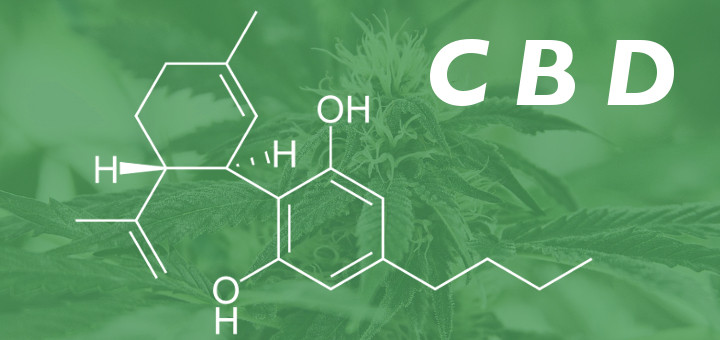 Cannabidiol’s anti-inflammatory properties have pointed scientists toward the possibility of CBD being used to slow or even reverse the symptoms of Annie inflammatory disease.
Cannabidiol’s anti-inflammatory properties have pointed scientists toward the possibility of CBD being used to slow or even reverse the symptoms of Annie inflammatory disease.
Some studies and articles:
- Cannabidiol as an emergent therapeutic strategy for lessening the impact of inflammation on oxidative stress
- The endocannabinoid system: an emerging key player in inflammation
- Anti-inflammatory role of cannabidiol and O-1602 in cerulein-induced acute pancreatitis in mice
- Cannabinoids, endocannabinoids, and related analogs in inflammation
- Cannabidiol, a non-psychotropic plant-derived cannabinoid, decreases inflammation in a murine model of acute lung injury: role for the adenosine A(2A) receptor
- Cannabinoids suppress inflammatory and neuropathic pain by targeting α3 glycine receptors
- Cannabidiol reduces intestinal inflammation through the control of neuroimmune axis
- Diabetic retinopathy: Role of inflammation and potential therapies for anti-inflammation
- Cannabidiol reduces Aβ-induced neuroinflammation and promotes hippocampal neurogenesis through PPARγ involvement
- Cannabidiol attenuates high glucose-induced endothelial cell inflammatory response and barrier disruption
- Vanilloid TRPV1 receptor mediates the antihyperalgesic effect of the nonpsychoactive cannabinoid, cannabidiol, in a rat model of acute inflammation
- Cannabidiol attenuates cisplatin-induced nephrotoxicity by decreasing oxidative/nitrosative stress, inflammation, and cell death
- Cannabinoids in clinical practice
Cannabidiol (CBD) Anti-Inflammatory YouTube videos:
This is a good introductory video on CBD’s health effects, and it touches on anti-inflammation:


